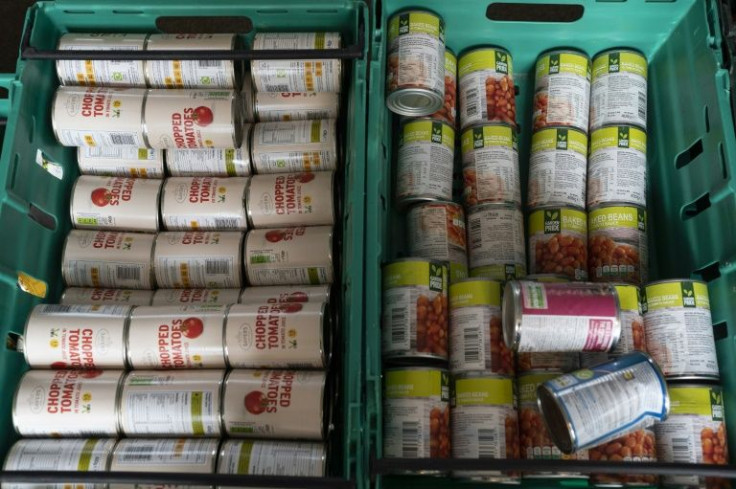US Economy: Economic Confidence At Lowest Since Pandemic Began
As of May, Americans feel the most pessimistic about the U.S. economy since the end of the Great Recession.
According to Gallup's Economic Confidence Index, economic confidence scored a -45 — within a range of +100 to -100 — for May. Gallup conducted the poll conducted from May 2-22.
The results come at a time of record-high prices from inflation, which could lead to a recession. Many of those surveyed in the U.S. highlighted poor leadership from the government (19%) and inflation (18%) as their main concerns.
"It is the lowest reading in Gallup's trend during the coronavirus pandemic, and likely the lowest confidence has been since the tail end of the Great Recession in early 2009," a press release on the results read.
According to the poll, only 14% of adults say the economic conditions in the U.S. are "excellent" or "good." The rest of the respondents answered that the current economic conditions are "only fair" (39%) or "poor" (46%).
A recent QuoteWizard report found that the number of people who reported trouble paying their expenses have increased 85% since June 2021. The report predicted that as inflation rises, more people would report trouble paying their expenses as cost-of-living increased. Concerns about inflation are at their highest levels since the pandemic began, and rising costs show no sign of softening.
Continued economic uncertainty compounded by supply chain woes and a tough jobs market for employers leads to pessimism. Gallup's poll also reported that 77% of respondents believe the U.S. economy is "getting worse." Only 20% responded that they think the economy is "getting better."
“...If the second quarter shows a similar decline in economic output, the U.S. will meet the usual definition of a recession used by economists. Such a designation could erode U.S. economic confidence even further,” Gallup predicted.
Consumer confidence also fell slightly in May as U.S. consumers "do not foresee the economy picking up steam" soon.

© Copyright IBTimes 2025. All rights reserved.






















